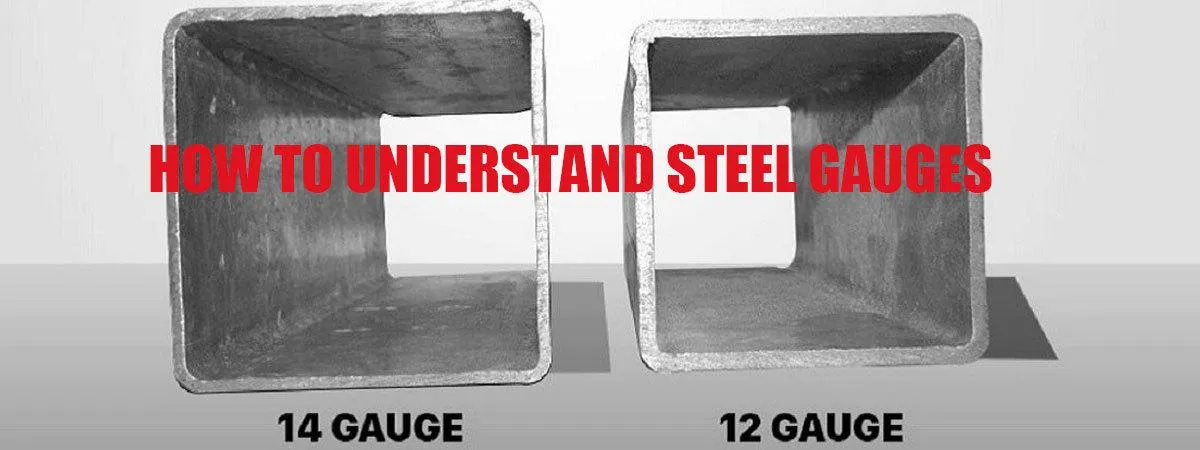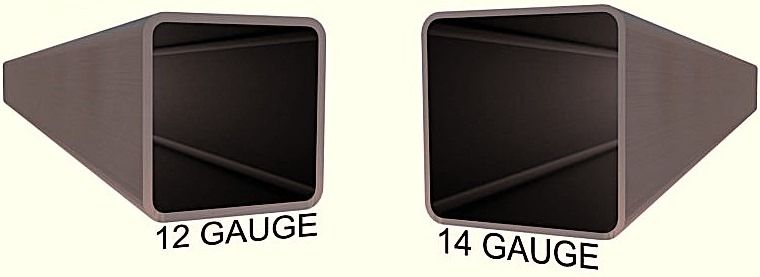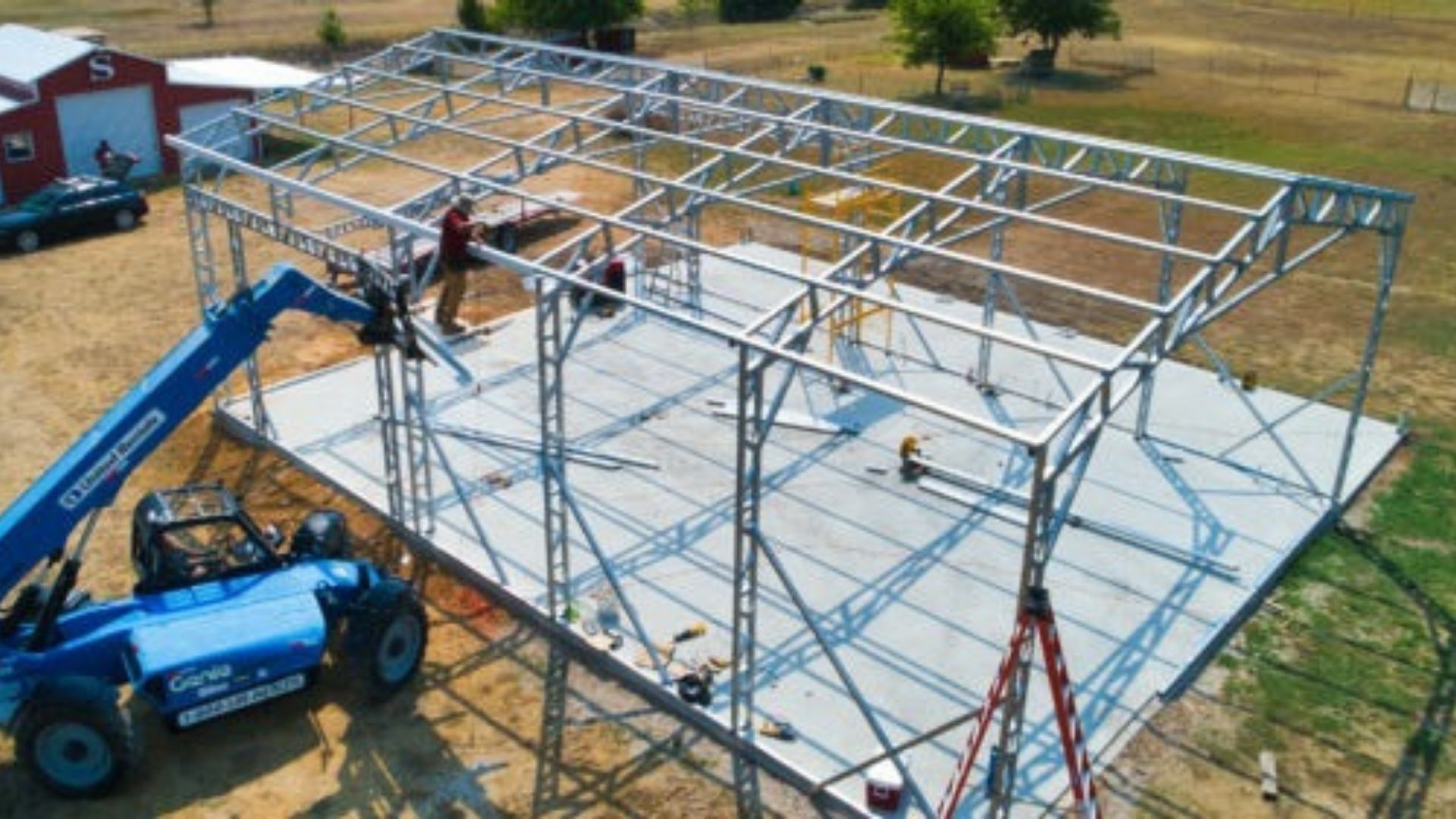
12-Gauge vs 14-Gauge Steel Framing: Which Is Right for Your Building? | Dynamite Steel Buildings
12 Gauge vs 14 Gauge Steel: Which Should You Choose for Your Metal Building?
Understanding the Strength Behind Your Structure
When buying a steel building, one of the most important structural decisions you'll make is choosing between 12-gauge and 14-gauge steel framing. While it may seem like a minor detail, this choice directly affects your building’s strength, durability, and price.
So what’s the difference between these two options—and which is right for your project? Let’s break it down.
🔍 What Does “Gauge” Mean?
In steel construction, gauge refers to the thickness of the steel. The lower the number, the thicker and stronger the steel.

12-Gauge vs 14-Gauge: Key Differences
1. Strength
12-gauge steel is about 29% thicker than 14-gauge.
Better suited for areas with high wind or snow loads.
Ideal for commercial, agricultural, or long-span buildings.
2. Cost
14-gauge steel is more affordable and sufficient for many standard applications.
12-gauge costs more due to thicker material and added structural integrity.
3. Building Codes
Some local codes (especially in hurricane-prone or snowy regions) may require 12-gauge framing for compliance.
14-gauge often meets residential or light commercial requirements.
4. Longevity
Thicker steel resists bending, denting, and corrosion longer—especially when exposed to the elements.
Both gauges can last decades, but 12-gauge offers extra peace of mind.
Some manufacturers offer a 20 year rust warranty on both 12 and 14 gauge, while others only offer rust warranty on the 12 gauge framing.
✅ When to Choose 12-Gauge Steel
High wind/snow load areas
Taller or wider buildings
Buildings requiring maximum strength and durability
Commercial, agricultural, or industrial use
✅ When 14-Gauge Steel Is a Smart Fit
Budget-conscious builds
Residential garages, workshops, or storage sheds
Locations with mild weather
Shorter spans and lower wall heights

🧰 Real-World Example
If you're building a backyard garage in Arizona, 14-gauge may be perfect. But if you're building a 30' x 60' agricultural shed in Montana, 12-gauge is likely the better choice.
🏁 Final Thoughts
Both 12-gauge and 14-gauge steel are high-quality, pre-engineered options that form the backbone of your metal building. The right choice comes down to your building size, location, usage, and budget.
🚀 Need Help Choosing the Right Gauge?
At Dynamite Steel Buildings, we offer both 12-gauge and 14-gauge framed buildings, tailored to your climate, use, and code requirements. We’ll help you compare pricing and structural needs so you can build with confidence.